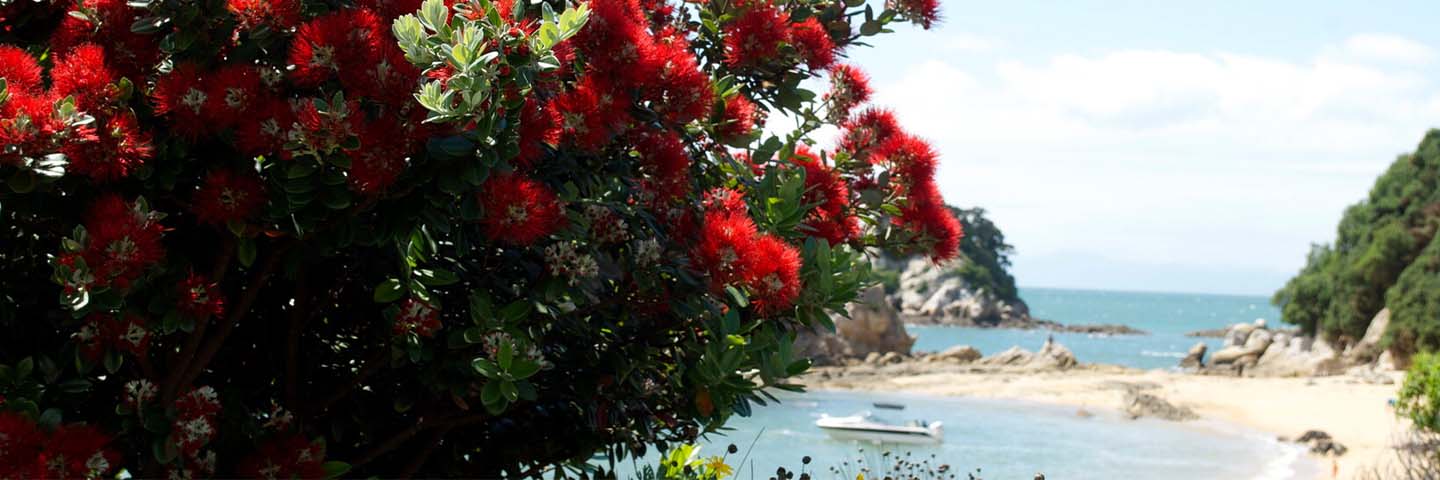Aotearoa – New Zealand
Aotearoa is the Māori name used for New Zealand, translated means ‘land of the long white cloud’. Here you’ll find useful information about Aotearoa (New Zealand).
Protect yourself from the sun
New Zealand’s ultraviolet (UV) rays are far more intense than in other countries. UV radiation can cause skin and eye damage, so you need to protect yourself when outside. It can take only 10-15 minutes to get sunburnt, even on a cloudy day!
Five SunSmart steps to protect skin and eyes from UV radiation:
- Wear a shirt with long sleeves. Fabric with a tighter weave and darker colours will give you better protection from the sun.
- Use the shade of an umbrella or a leafy tree. Plan your outdoor activities for early or later in the day when the sun’s UV levels are lower.
- Apply plenty of broad spectrum sunscreen of at least SPF50. Apply 20 minutes before going outside and reapply every two hours especially after being in water or sweating.
- Wear a hat with a wide brim or a cap with flaps. More people are sunburnt on the face and neck than any other part of the body.
- Choose close fitting, wrap around style sunglasses. Not all sunglasses protect against UV radiation, so always check the label for sun protection rating.
For more information on how to stay safe in the sun, visit the SunSmart website.
Four seasons in one day
“Four seasons in one day” is used to describe the weather in New Zealand, what this means is that our weather can change quickly. We encourage you to be prepared for all weather conditions while out and about.
MetService
The MetService is New Zealand’s national weather authority, providing comprehensive weather services 24 hours a day, 365 days of the year. For all the weather information, right at your fingertips when you need it, visit the MetService website.
Culture shock
Most international students will experience some difficulties adjusting to a new country and culture. For support and services available to help international students adjust to the culture here, while studying with us, see our Culture Shock page.
